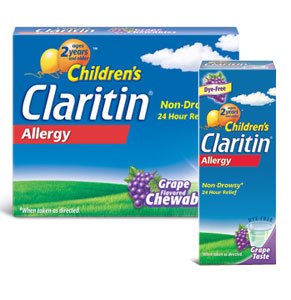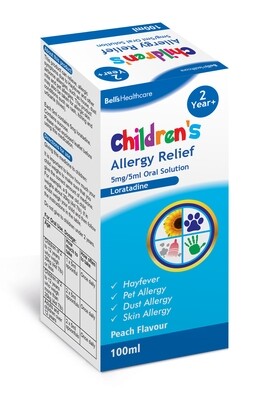
A child who suffers from a food allergy should see a doctor as soon as possible. The initial visit can take as long as four hours. The doctor may prescribe an epinephrine autoinjector or emergency epinephrine. During these visits, your child will also be prescribed allergy medication. Your child will also need to take home doses of the food allergen daily. It is important that the dose be given at the same time each day, at the same place. The dosing time should be the same every day. Your child should not eat a meal or snack before the dose.
If your child is suffering from an allergic reaction to a particular food, your first step should be to avoid the food. Your healthcare provider will advise you on what medications are available. Some medicines can be used immediately after the patient consumes a food. Others can be used for a delayed onset of symptoms. In some cases, your child may have outgrown his or her food allergy. If the reaction is severe, you should seek emergency medical care.
Food allergies can be life threatening. Some people may experience anaphylaxis if they eat food. In these cases, epinephrine is the only drug that can reverse the effects of an anaphylactic reaction. The auto-injector is suitable for people with severe allergic reactions. Your allergist may prescribe this medication before symptoms even appear. Be sure to discuss your options with your healthcare provider.
Food allergies can lead to serious allergic reactions. In the worst cases, adrenaline is the only remedy that can reverse these symptoms. Your health care provider will prescribe epinephrine if your allergy is so severe that you skip a meal. If you are breastfeeding, you may want to avoid the foods that cause the reaction. If you are breastfeeding, it is recommended that you avoid feeding your baby foods that cause allergies. Depending on the severity of the symptoms, your child may also need additional vitamins.
A healthcare professional may recommend an emergency kit for people with food allergies. These kits are essential for any child with severe allergies and should always be carried with them. If your child has had a severe reaction, he or she may use epinephrine to reverse the symptoms. In these cases, the allergy medicine should be given to the patient immediately after meals. This will reduce the severity of the reaction. Hospitalization can be fatal.

An allergic reaction to food can cause a severe reaction. In such cases, adrenaline can help the patient get rid of the symptoms. Treatment for a severe reaction will depend on the severity of the allergy and the severity of the allergic reaction. Some medications are prescribed to treat food allergies after eating. If your child has an allergic reaction after eating, he or she should be given emergency medication.
Some food allergy medicines can be given in an emergency. If your child is allergic to a certain food, it is important to avoid it as much as possible. This can be difficult for both the patient and the healthcare professional. Taking medication as needed is essential in such circumstances. If needed, your doctor will be able to prescribe emergency medicines for your child. You may also need to carry a health warning kit with you at all times and refer to the website for treatment recommendations https://www.value.co.th/.
If your child has an allergic reaction, you should take emergency care. It is extremely important to consult your doctor as soon as you feel any symptoms. If your child has a severe allergic reaction, it is important to have medication for the condition. You should also avoid these foods if you are breastfeeding. If your child cannot eat certain foods, you may need to give him vitamins to avoid a reaction. For more information on vitamins and natural supplements, visit https://ticketbox.co.th/.
If your child is diagnosed with a food allergy, it is important to be prepared for any possible symptoms. If you have had a severe reaction, your healthcare provider will prescribe medication to relieve your symptoms. However, if your child has a mild reaction to a certain food, you can still avoid it. It’s also important to talk to your health care provider before giving your child a new food. It is imperative that your doctor is aware of your child’s condition to ensure the best possible outcome.